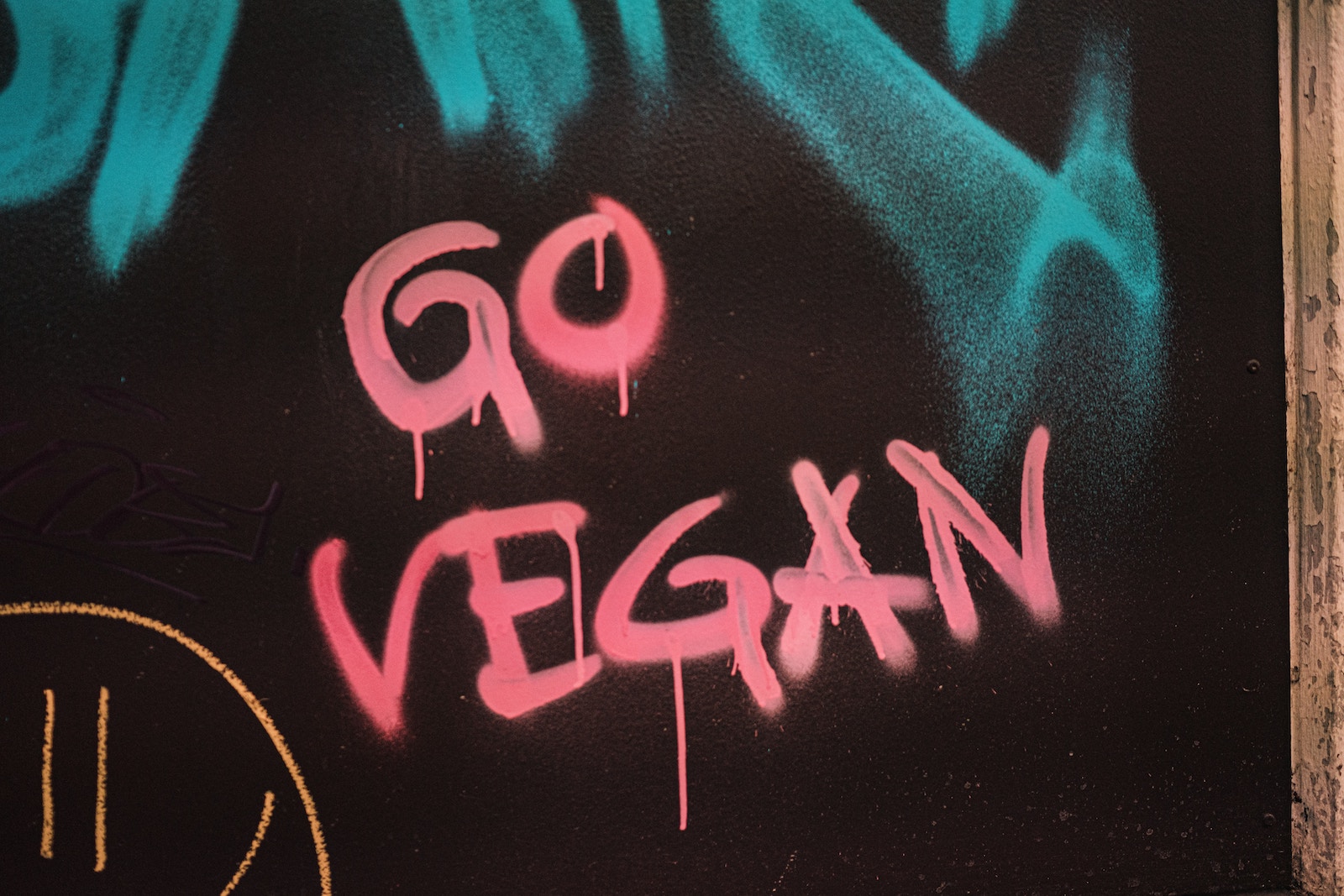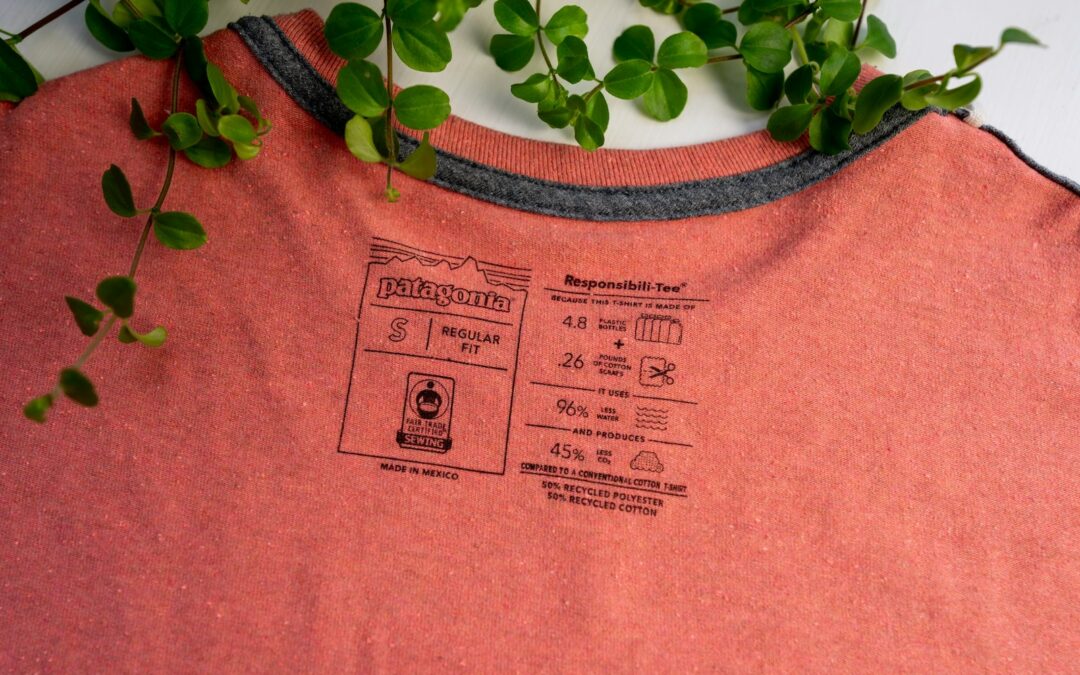
Separating Fact from Fiction
The rise of veganism has brought with it a flurry of myths and misconceptions regarding what it means to follow a vegan diet. While some people tout it as a pathway to optimal health, others are skeptical, circulating assumptions that can often dissuade individuals from considering this plant-based lifestyle. To separate fact from fiction, it’s essential to address the most common myths and provide clarity on what a vegan diet actually entails.
At the heart of many debates are concerns about protein intake, nutrient deficiencies, and the overall healthfulness of a vegan diet. Critics often suggest that eliminating animal products leads to a lack of protein and essential vitamins, but evidence suggests that a well-constructed vegan diet can be one of the healthiest ways to nourish the body. By understanding the truths behind these vegan myths, individuals can make informed dietary choices based on science rather than speculation.
Despite its growth in popularity, the vegan diet is still subject to several unfounded beliefs that can cloud one’s judgment. For instance, some claim plant-based diets are automatically healthy, ignoring factors like processed vegan food that may not be nutritious. Dissecting these vegan diet myths is key to appreciating the full scope of what it means to live vegan and how it can contribute to one’s overall well-being when done right.
Nutritional Foundations of a Vegan Diet
Adopting a vegan diet involves understanding the rich variety of plant-based foods that supply ample nutrients essential for a healthy body. A well-planned vegan diet can be nutritionally balanced and rich in protein, vitamins, and minerals.
Protein Powerhouses in Plant-Based Diets
Plants provide plenty of protein options. Legumes like black beans, lentils, and chickpeas serve as hearty protein sources. Ingredients such as tofu, tempeh, and edamame from soybeans are not only rich in protein but also versatile in recipes. Quinoa, often considered a grain, is actually a seed and is unique for being a complete protein, containing all nine essential amino acids. Nuts and seeds, including almonds and pumpkin seeds, offer additional protein boosts plus other nutrients. For those concerned with muscle building and repair, these foods ensure that protein requirements are not just met, but exceeded.
Unraveling the Vitamin and Mineral Myth
It’s a myth that vegan diets lack critical vitamins and minerals such as iron, calcium, and vitamin B12. Individuals can find calcium in fortified plant milks and leafy greens, while iron is abundant in legumes, quinoa, seeds, and even some dark leafy greens like spinach. As for B12, while it does not naturally occur in plants, fortified foods and B12 supplements are reliable sources, ensuring that vegans can achieve their nutritional needs without compromise.
The Truth About Vegan Diet and Health
A balanced vegan diet promotes health and well-being. It’s packed with a variety of nutrients from diverse food groups—vegetables, grains, and legumes—each contributing different essential nutrients. Eating a rainbow of plant-based foods ensures a wide spectrum of vitamins, antioxidants, and minerals. Maintaining variety is key to addressing nutrient needs without animal products, and it encourages a thriving vegan lifestyle, with evidence supporting its benefits for long-term health.
Economic Aspects of Vegan Eating
Veganism is often pegged as an expensive lifestyle choice, but this section demystifies the actual costs involved and offers practical tips for budget-conscious shopping.
Breaking Down the Cost of Veganism
Contrary to popular belief, adopting a vegan diet can be economical. Staples such as rice, oats, legumes, and a variety of pulses are not only cost-effective but also offer a bounty of nutrition. These whole foods tend to be less expensive than meat and dairy products per calorie. Moreover, they are versatile and can be used in a magnitude of recipes. For instance, a bag of almonds can be turned into almond milk, almond butter, or a crunchy salad topping. When one opts for fruits and veggies that are in season, prices drop significantly, making these healthy options more affordable.
A comparison made by The Vegan Review sheds light on the misconception that veganism is inherently costly, illustrating that careful choices can combat high expenses.
Budget-Friendly Vegan Shopping Tips
For those looking to maintain a budget-friendly vegan diet, here are several actionable tips:
- Buy in bulk: Items like rice, oats, and legumes are often available at lower rates when purchased in large quantities.
- Seasonal produce: Choose fruits and veggies that are currently in season for better prices and flavor.
- Plan your meals: Reduce waste and save money by planning your meals around what’s on sale or available in your pantry.
- Cook at home: As processed vegan substitutes tend to be pricier, cooking from scratch can significantly cut costs.
Evidence reported by Food Revolution Network shows that with appropriate planning, a vegan diet can be both nutritious and economically viable.
Vegan Diet Myths in Popular Culture
The portrayal of vegan diets in popular culture often includes a blend of fact and fiction. This section explores common misconceptions propagated through documentaries and celebrity endorsements.
Debunking Documentary Hype
Documentaries such as The Game Changers have had a significant impact on public perception of vegan diets, often highlighting the diets of elite athletes and suggesting a direct link between plant-based eating and peak physical performance. While these documentaries are well-intentioned, they sometimes fail to mention that an athlete’s success is not solely based on diet but also includes rigorous training and individualized nutrition plans. It’s important to consider the balance of macronutrients, including the aspect of meeting protein needs through a variety of vegan foods.
Celebrity Influence on Vegan Myths
Celebrities often share their diet and exercise routines with the public, sometimes including their transition to a vegan diet. These narratives can lead people to believe that a vegan diet is a one-size-fits-all solution for health and well-being. However, the influence of celebrities can overshadow the fact that a vegan diet requires careful planning to ensure it is well-rounded. It’s not just the exclusion of animal products but the inclusion of nutrient-rich plant foods that contribute to a healthy lifestyle. For example, understanding the nutritional value of various vegan foods is critical, as not all vegan food is created equal, and some can be as processed and unhealthy as their non-vegan counterparts.
Beyond the Plate: The Lifestyle Impact
Adopting a vegan lifestyle extends far beyond diet, encompassing a broad spectrum of environmental and social issues. The decision to exclude animal products from one’s diet can have significant benefits for the planet and advocates for ethical treatment of animals, influencing various sectors from agriculture to the fashion industry.
Veganism and the Environment
Veganism greatly reduces the demand for resources like water and land typically used in raising livestock. For example, producing one pound of beef consumes an average of 1,800 gallons of water, whereas much less is needed for plant-based food production. Additionally, the livestock sector is a major contributor to greenhouse gas emissions, with cows releasing methane, a potent greenhouse gas. Transitioning to a plant-based diet can reduce one’s carbon footprint, as it is associated with lower greenhouse gas emissions compared to diets heavy in animal products.
- Agriculture and land use change due to animal farming—particularly involving cows for beef, milk, and cheese—is a driver for deforestation and habitat loss.
- The production of dairy products and eggs also contributes to pollution, with runoff from factory farms impacting water quality.
Ethical and Social Considerations
When individuals opt for veganism, they often do so to take a stand against animal cruelty and the unethical treatment of animals within the meat, dairy, and clothing industries. By choosing alternatives to milk, cheese, eggs, and materials like leather and wool, vegans aim to reduce the exploitation of animals for consumer products.
- Many vegans avoid processed foods that contain animal-derived additives and focus on whole, nutrient-dense options that promote health.
- The increase in veganism has also sparked social dialogue and increased awareness about food justice and sustainable consumption.
Veganism is not just about the food on one’s plate but also about making choices that align with a sustainable and ethical lifestyle. Whether it’s through diet or the choice of clothing, every action aimed at reducing the use of animal products can have a wider positive impact.







